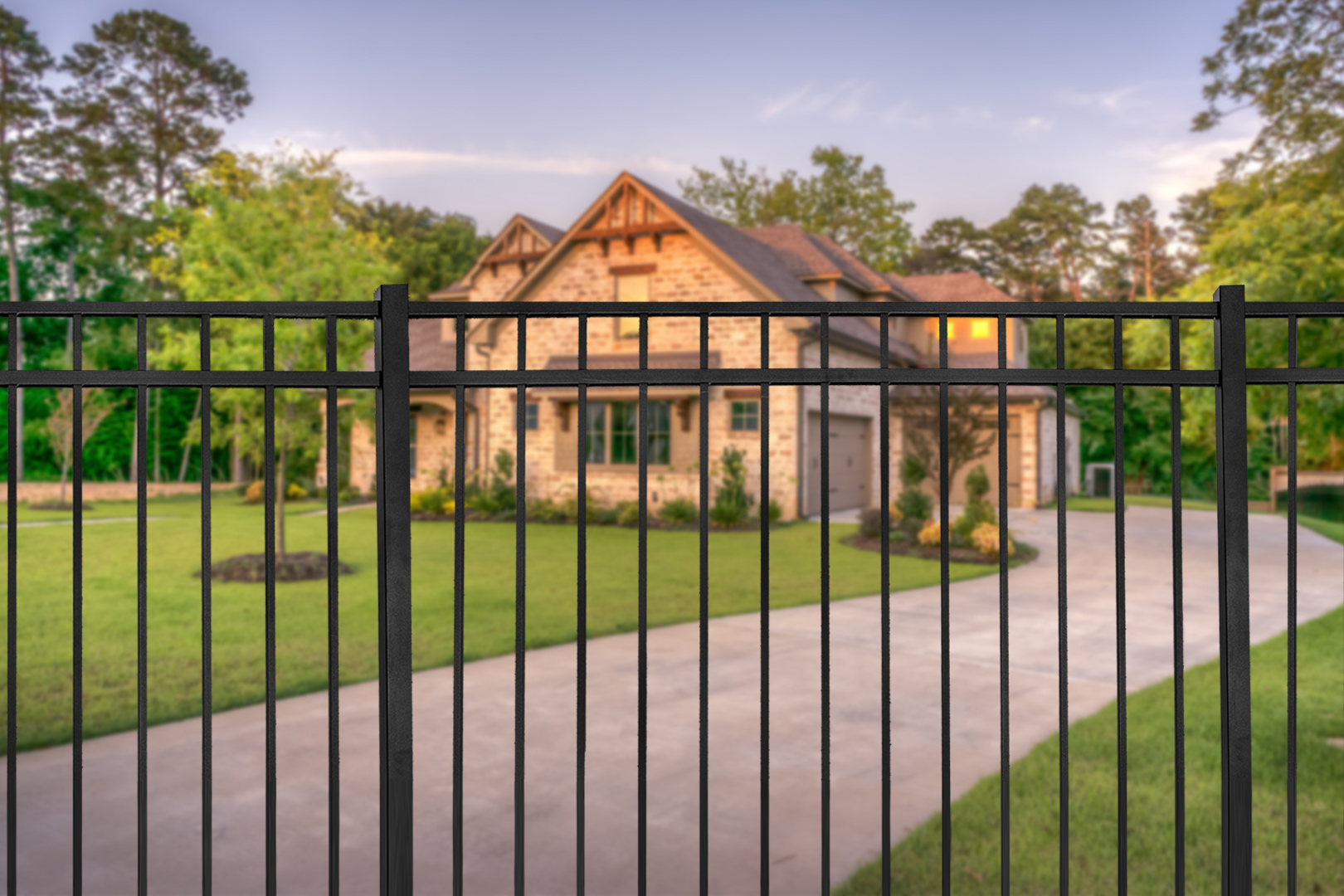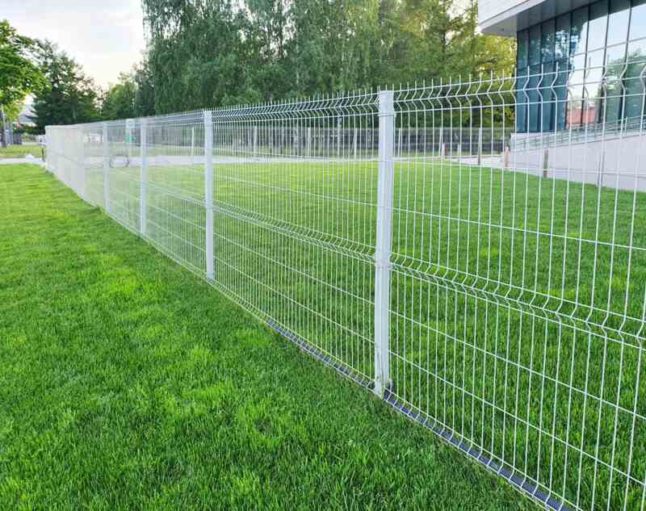All Categories
Featured

Picking the best secure fencing product is important for achieving the equilibrium of toughness, aesthetic appeals, and capability that matches your property. Timber, plastic, and aluminum are preferred choices, each with one-of-a-kind features that cater to details requirements. Right here's an in-depth consider the advantages and drawbacks of these 3 materials.
Timber Fencing. Pros:. Timeless Charm: Wood offers an all-natural, classic appearance that enhances different building styles. Adjustable: It can be repainted or stained in a variety of layouts and colors. Budget-friendly: Timber fences are often cheaper in advance than plastic or aluminum. Eco-Friendly: As a renewable resource, wood is lasting and biodegradable when sourced responsibly. Cons:. Maintenance-Intensive: Calls for regular discoloration, painting, or sealing to shield against weather and bugs. Shorter Lifespan: Depending on the type of timber and climate, it typically lasts 10-15 years. Susceptability to Damages: Prone to decomposing, warping, and termite damage without appropriate treatment. Timber is excellent for property owners who value visual appeals and agree to spend time and initiative in maintenance to prolong its life.
Vinyl Fencing. Pros:. Resilient: Resistant to parasites, rot, and climate, plastic maintains its structure in extreme conditions. Reduced Upkeep: Needs little upkeep past periodic cleaning. Lengthy Life-span: Plastic can last 20-30 years without considerable wear or damages. Versatile Styles: Offered in numerous colors, structures, and styles, including choices that mimic timber. Cons:. Expensive Installment: Plastic fencings are a lot more pricey to set up contrasted to wood. Weak in Winter: Vinyl can split in extreme cool climates. Hard to Fixing: If harmed, entire sections may need replacement, which can be challenging to match. Vinyl secure fencing is a fantastic selection for those prioritizing longevity and minimal upkeep, also if it comes with a greater upfront cost.

Light Weight Aluminum Secure Fencing. Pros:. Rust-Resistant: Aluminum does not corrosion, making it suitable for damp or damp locations. Light-weight however Strong: Offers strength without being overly heavy, which streamlines setup. Reduced Upkeep: Requires bit even more than cleaning and occasional repainting. Durability: Light weight aluminum fencings can last for years without substantial wear and tear. Sophisticated Designs: Usually made use of for attractive functions, aluminum adds sophistication to any kind of building. Cons:. High Preliminary Cost: Aluminum fences are among the much more pricey choices. Restricted Privacy: Often made with open spaces, they don't block sights or sound. Prone to Dents: While tough, aluminum can be nicked or curved with hefty impact. Aluminum is best suited for those who desire a durable, elegant fence and don't need total personal privacy.
Making the Right Option. Each product has its toughness and weak points:

Timber is excellent for conventional aesthetics and eco-conscious purchasers who do not mind maintenance. Plastic functions for house owners seeking a weather-resistant, low-maintenance solution. Light weight aluminum is a durable, decorative alternative for those who desire sophistication and durability. Consider your priorities-- whether it's cost, look, privacy, or maintenance-- and seek advice from a fence specialist to pick the material that best satisfies your requirements. A well-selected fence will boost your residential property for several years ahead.
Latest Posts
Check Out the Best Auto Repair Offers in Montclare, Chicago
Published May 25, 25
1 min read
Recognizing When Your Car Needs Skilled Car Repair at Montclare Auto Repair
Published May 25, 25
1 min read
Secure Your Home with High Quality Residential Roof Covering
Published May 24, 25
1 min read